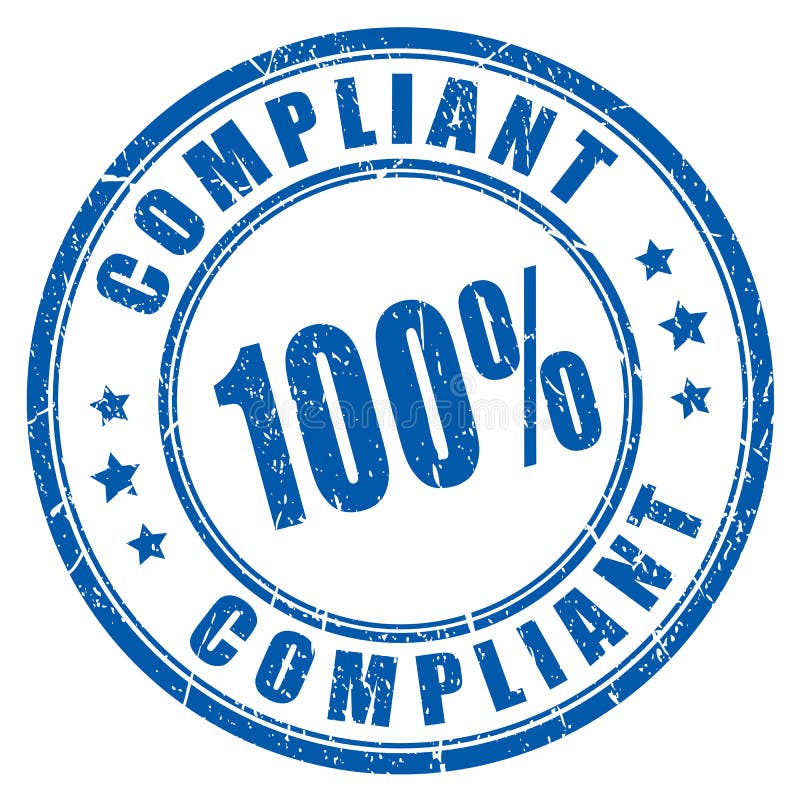
In an increasingly interconnected global economy, trade agreements play a pivotal role in shaping business practices and economic relationships between nations. One such agreement that holds significant importance for companies seeking to do business with the U.S. government is the Trade Agreements Act (TAA). TAA compliance is not just a legal requirement; it’s a commitment to ethical business practices, fair trade, and supporting domestic economies.
There are 3 categories of TAA-compliant products. This includes the following:
- Domestic end products – made entirely in the United States
- Designated country end products – made in a country that has a trade agreement with the United States
- Foreign end products – made outside of the United States and do not meet the requirements for designated country end products
In this article, we delve into what it means to be TAA compliant, why it’s important, the requirements for compliance, and the benefits it offers.
What Does it Mean to be TAA Compliant?
At its core, TAA compliance refers to adherence to the guidelines set forth by the Trade Agreements Act, a federal law governing government contracts and procurement. The primary objective of TAA is to foster fair and open international trade while ensuring that products purchased by the U.S. government are manufactured in designated TAA-compliant countries. These countries include Taiwan, Canada, Mexico, Australia, Japan, Germany, and many others. The full list of TAA-compliant countries can be found on the General Services Administration (GSA) website.
Why is TAA Compliance Important?
The significance of TAA compliance extends beyond mere regulatory adherence. It serves as a testament to a company’s commitment to ethical business practices and fair trade. Here’s why TAA compliance is crucial:
- Support for Fair Trade Practices: TAA compliance ensures that the U.S. government upholds fair trade practices, avoiding inadvertent violations of international trade agreements.
- Economic Protection and Job Support: By promoting the purchase of products made in the U.S. or designated TAA-compliant countries, TAA compliance supports domestic economies and American workers.
What is Required to be TAA Compliant?
Achieving TAA compliance involves meeting specific requirements outlined by the Trade Agreements Act:
- Designated Country Status: Companies must operate in a designated country, including the U.S., EU countries, and nations with free trade agreements with the U.S.
- Origin of Products or Services: Products or services sold to the government must be manufactured or substantially transformed in a designated country, ensuring compliance with TAA regulations.
- Accurate Record-Keeping: Maintaining meticulous records of products/services sold to the government and their country of origin is imperative. A comprehensive compliance program outlining policies and procedures must also be in place.
- Compliance with Domestic Sourcing Requirements: In addition to TAA, compliance with the Buy American Act (BAA) is also necessary, ensuring a percentage of a product’s components are sourced domestically.
Benefits of TAA Compliance
TAA compliance offers several benefits for businesses:
- Government Contract Eligibility: TAA compliance is a prerequisite for bidding on and winning government contracts, providing access to a lucrative market segment.
- Global Market Access: Compliance facilitates entry into global markets through trade agreements, expanding opportunities for growth and revenue generation.
- Enhanced Reputation: Demonstrating commitment to ethical practices enhances a company’s reputation, fostering trust among stakeholders and attracting new business opportunities.
- Risk Mitigation: Compliance mitigates the risk of penalties and legal repercussions associated with non-compliance, safeguarding the company’s interests.
- Meeting Customer Requirements: Many private sector companies also prioritize TAA compliance, ensuring alignment with customer expectations and retaining existing business relationships.
- Improved Supply Chain Management: TAA compliance necessitates robust supply chain management practices, leading to efficiency and transparency in operations.
Tips for Maintaining TAA Compliance
To ensure ongoing compliance, businesses should:
- Understand TAA requirements thoroughly.
- Stay updated on regulatory changes.
- Implement internal controls and conduct regular audits.
- Provide comprehensive training to employees.
- Work with reputable suppliers and vendors.
- Maintain accurate records of compliance efforts.
TAA-Compliant Devices and Suppliers
Companies like Cradlepoint, Digi, Inseego, Peplink, and Sierra Wireless (now Semtech) offer TAA-compliant products, ensuring adherence to regulatory standards and ethical manufacturing practices. Contact the sales team at 5Gstore.com for assistance finding an appropriate solution for your application. We’re available Monday through Friday from 9am to 6pm CT at 833-547-8673 or sales@5gstore.com.

